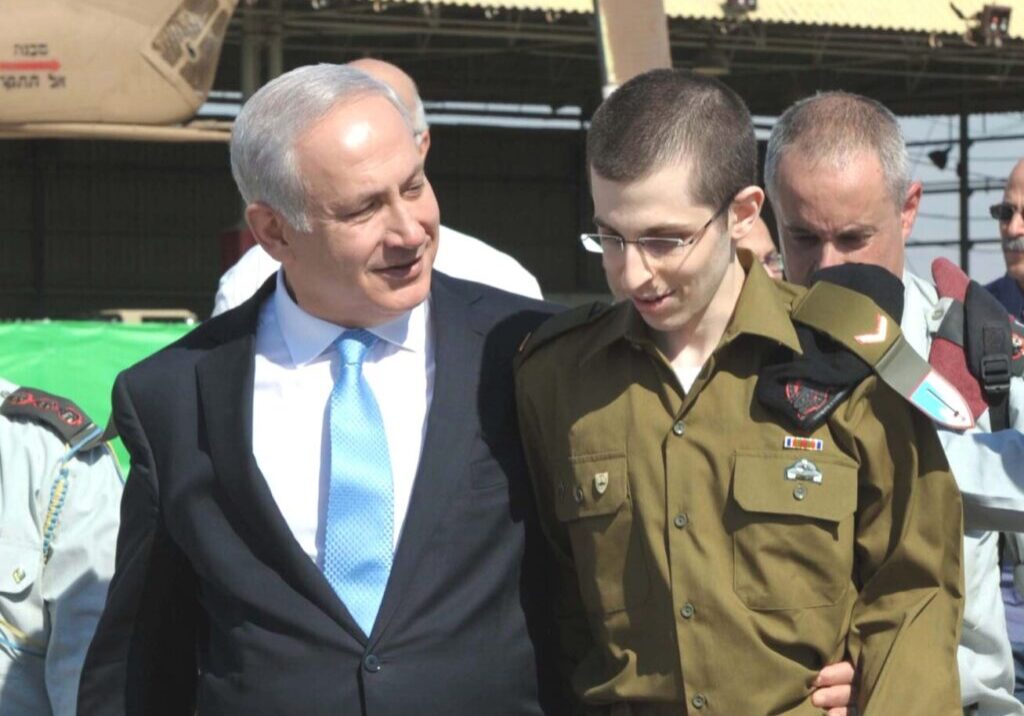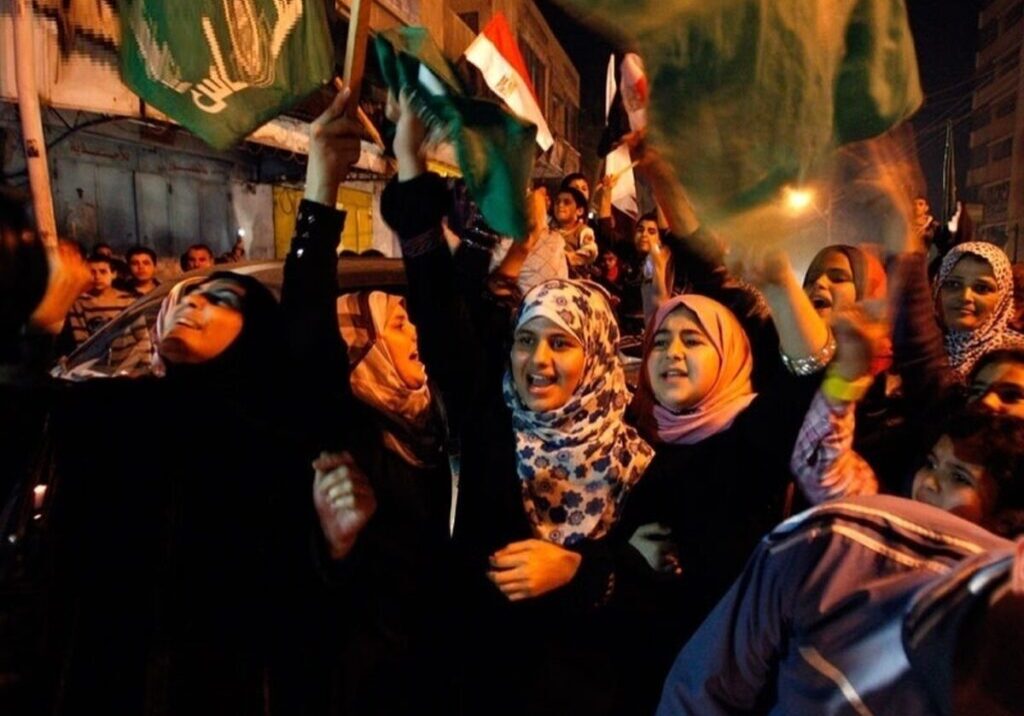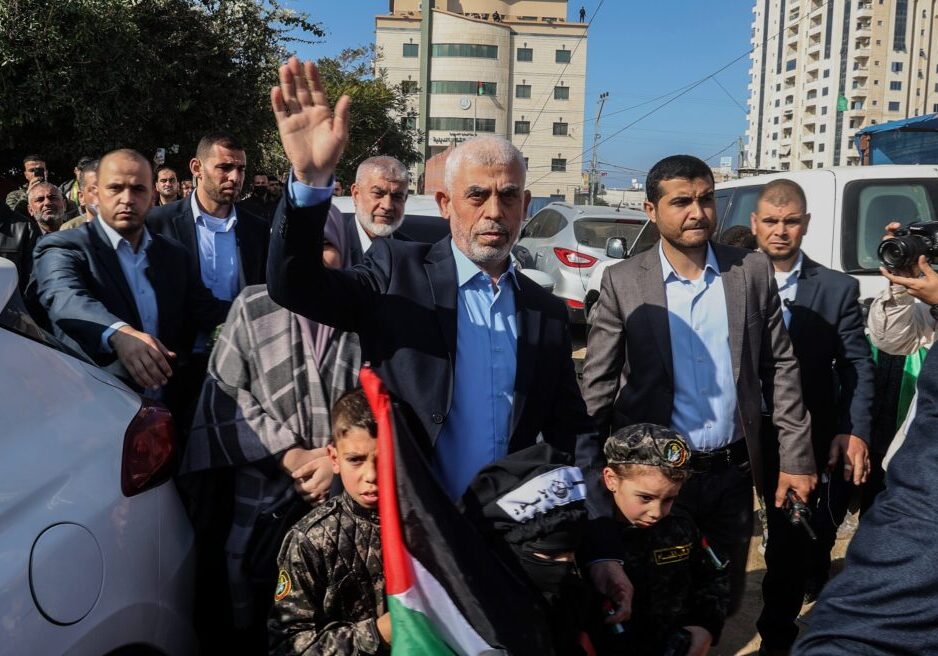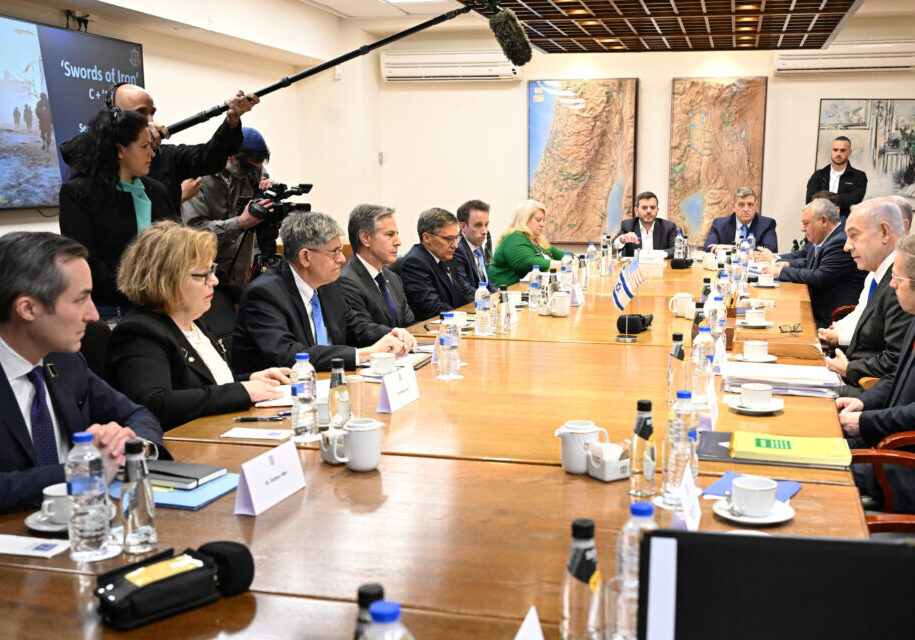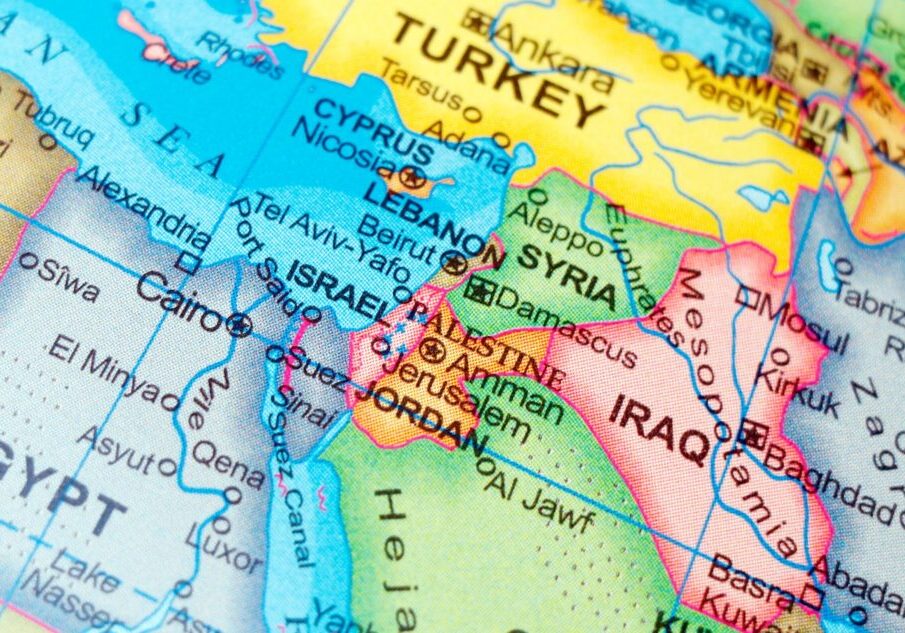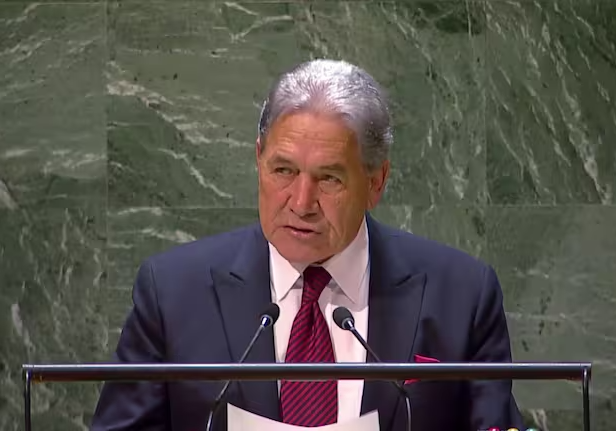Australia/Israel Review
Editorial: At a Crossroads
May 27, 2014 | Colin Rubenstein
Colin Rubenstein
The apparent failure of US Secretary of State John Kerry’s Israeli-Palestinian peace talks initiative – launched under a self-imposed nine-month deadline last July and concluding at the end of April – was unfortunately not altogether unexpected.
Nevertheless, it was a disappointment for those of us who support a negotiated two-state peace resolution between Israel and the Palestinians.
Since 2009, the Palestinian side had made a freeze of Israeli construction in all settlements and Jewish neighbourhoods of east Jerusalem a precondition to talks. With Kerry’s intervention, this demand was exchanged for an Israeli agreement to release, in stages, more than a hundred Palestinian prisoners convicted of murderous terror offences.
In the interest of peace, Israeli Prime Minister Binyamin Netanyahu agreed to this painful concession, in spite of the trauma it caused to many families of terror victims.
Opposition to renewed negotiations with Israel was widespread among Palestinians, even within Fatah itself. Moreover, on several occasions, Palestinian Authority officials were quoted saying that the talks were nothing more than a façade undertaken in order to secure the release of the convicts.
Meanwhile, instead of preparing his people for the kind of compromises necessary for peace, Palestinian President Mahmoud Abbas did the opposite – vowing to cling to every Palestinian demand to the letter. This stance was underlined during Abbas’ visit to the White House in March, when he reportedly simply refused to engage on the substance of the “framework agreement” Kerry was seeking.
By early April, it became clear that the Palestinians were not prepared to consider signing even a framework for an extension of negotiations. Under such circumstances, Israel baulked at releasing the last, and most contentious, group of prisoners. Simultaneously, in violation of the terms of the negotiations, the Palestinians carried out a threat to join 15 international bodies as a means of opening new diplomatic fronts against Israel.
Even then, Israeli negotiators apparently prepared new proposals – including, reportedly, a renewed construction freeze in settlements – to encourage the Palestinians to remain at the table.
Finally, in late April, rather than re-engage and continue negotiations with Israel, Fatah and the PA instead extended an olive branch to Hamas in Gaza, and announced a unity deal that would allow Hamas to reassert its influence in the West Bank in advance of Palestinian elections.
Outrageously, it has since become clear that, under the deal with Fatah, Hamas will not have to accept any of the Mideast Quartet’s conditions, such as renunciation of violence, or recognition of Israel, nor relinquish security control of Gaza or turn over its arsenal of rockets.
Faced with the prospect of a Palestinian unity government that would clearly include a terrorist component, the Israeli Government understandably suspended the official talks.
Meanwhile, whether the unity pact will ever be realised, given the failure to implement two previous Fatah-Hamas agreements over recent years, is another question.
The lesson of the last nine months of talks – on top of the several other attempts to reach a final peace over the last 15 years – is that there simply is no Palestinian consensus on the acceptability of the usually discussed two-state deal, no matter what the details. An agreement providing for a Palestinian state established in the West Bank and Gaza with a capital in Jerusalem in exchange for a promise to end the conflict and accept to live in peace with Israel as the Jewish homeland is simply not going to be signed anytime soon.
The reality is the Palestinian national movement was not formed to gain a state in the territories Israel captured in 1967, but to undo the results of the 1948 war, which saw Israel’s establishment. Sadly, too many Palestinians are simply not willing to pay the price of giving up their dream of someday reversing the verdict of 1948 in order to gain statehood. Thus, not only does Hamas reject such a deal, so too do significant elements in Fatah.
Nor is there a current leadership, or one likely to emerge in the near future, which is willing and able to lead Palestinians to accept such an agreement in the face of the major forces in Palestinian society which would oppose it.
The terms Israel offers in such a deal are not the decisive factor, nor is the building of houses in existing settlements, despite the disproportionate attention given to this issue.
Is all hope of a two-state outcome lost then?
No. One answer is to explore options that will move toward a two-state final peace without actually requiring the Palestinian side to sign up to end the conflict.
Negotiations – which may be indirect or informal – should now focus on transitional arrangements toward a two-state resolution, rather than a final status deal. Such a deal could conceivably even lead to establishing an interim “Palestinian state with provisional boundaries” encompassing the majority of the West Bank, as envisaged by the 2002 Roadmap for Peace.
Transitional agreements should certainly be geared toward arrangements that would encourage the construction of the roots of change in Palestinian society – through economic development zones and major infrastructure projects, the building of civil society and democratic state institutions, tight, independent oversight over finances and ending the culture of incitement.
International donors, including the US, EU, and Australia, which fund the PA, have the ability to exert pressure on its leadership to accept the benefits of such strategies should they choose to wield it.
The Palestinians stand at a crossroads, and the paths can lead to peace and prosperity, or open-ended conflict with Israel. It’s crucial that, rather than throwing up their hands in despair, friends of both Israel and the Palestinians now take an active role in making sure they choose the former, so realistic efforts to gradually create the preconditions for a final peace can now be pursued.
Tags: Israel

